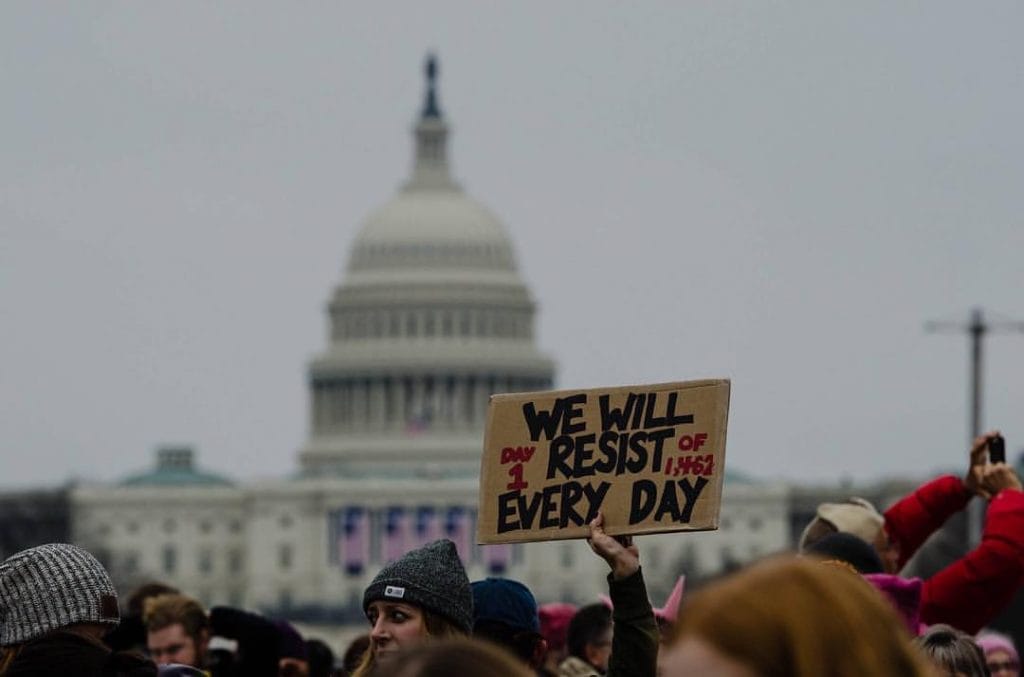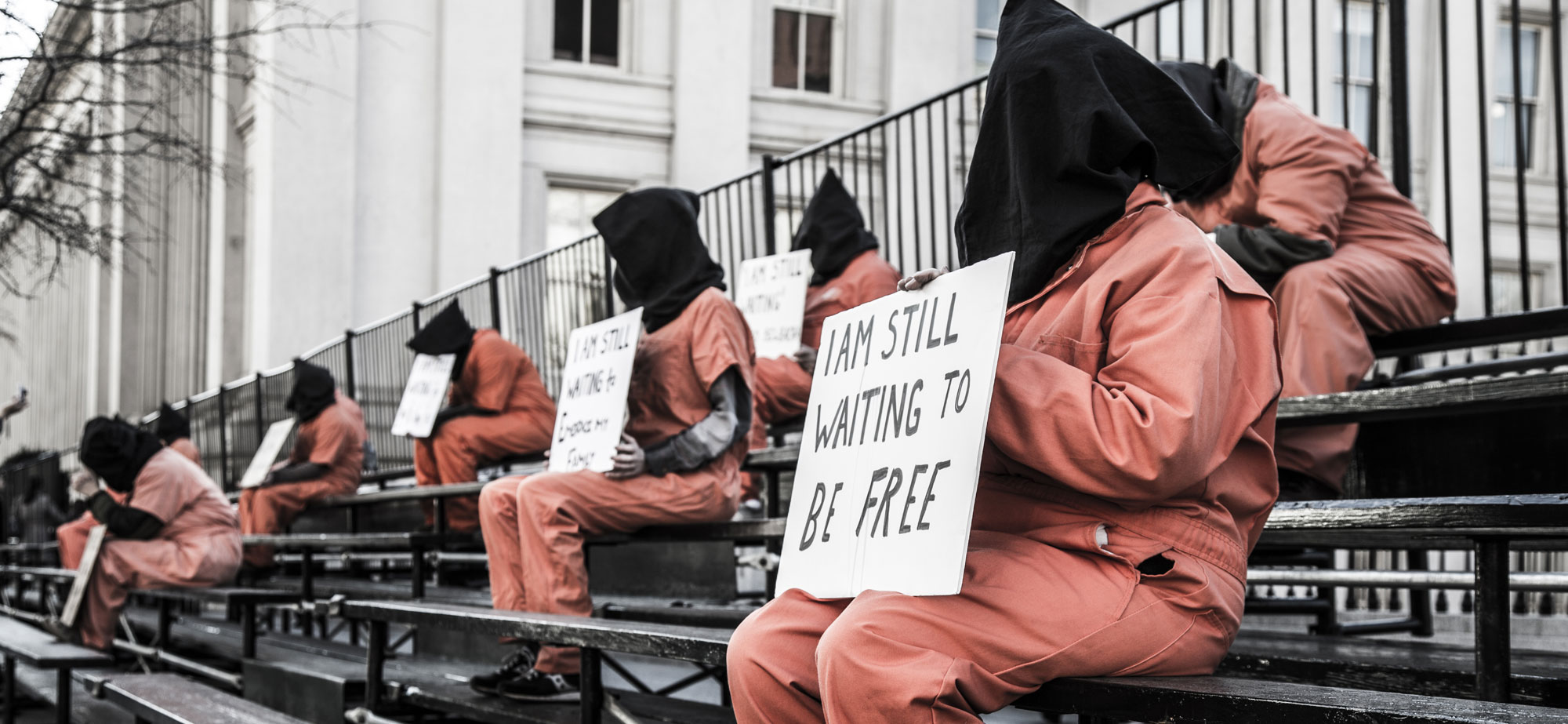In Focus
Remembering Guantánamo on Independence Day

By Andy Worthington, author of “The Guantánamo Files” and co-founder of the Close Guantánamo campaign
Today, as a British citizen, I’m acutely aware that, 241 years ago, the United States of America issued a Declaration of Independence from the UK, noting that King George III had sought “the establishment of an absolute Tyranny.”
A system of checks and balances introduced by the Founding Fathers was supposed to prevent tyranny from arising in the liberated United States of America, and yet, at various times in its history, these safeguards have been discarded — during the Civil War, for example, and during the Second World War, in the shameful internment of Japanese Americans.
Another example is still taking place now — at Guantánamo Bay, in Cuba, where the U.S. runs a naval base, and where, since January 11, 2002, it has been holding prisoners seized in the “war on terror” that George W. Bush declared after the terrorist attacks of September 11, 2001.
Under the laws and treaties we rely on to protect ourselves from executive tyranny, people can only be deprived of their liberty if they are accused of a crime, when they must speedily be put on trial in a court with a judge and a jury, or if they are seized on a battlefield during wartime, when they can be held until the end of hostilities, unmolested and with the protections of the Geneva Conventions.
However, in the “war on terror” declared after 9/11, George W. Bush came up with a third method of imprisonment that brought back into sharp focus the executive overreach of centuries past that was supposed to have been done away with once and for all.
Bush and his advisors decided that prisoners seized in their “war on terror” would have no rights whatsoever, and could be held forever if they so wished. They invented a term for them — “enemy combatants” — and, when they felt they were resistant to questioning, they introduced a torture program to get them to talk. This was repellant under any circumstances, but it was also an innovation based, often, on shockingly imprecise information.
Men were rounded up in Afghanistan and Pakistan not because they were “on the battlefield,” as the US authorities claimed, but because, for the most part, they were sold to the US by their Afghan and Pakistani allies for generous bounty payments. Others, who were rounded up by the U.S., were often seized as a result of unreliable evidence, and these men, held in Guantánamo, in CIA “black sites” in Thailand, Poland, Romania and Lithuania, and even in proxy torture prisons run by other regimes — in Egypt, Jordan, Syria and Morocco, for example — then ended up telling lies about their fellow prisoners, to such an extent that the publicly available files (leaked to WikiLeaks by Chelsea Manning, and publicly released in 2011) are so full of unreliable information that they are, fundamentally, worthless.
And yet, Guantánamo continues to exist — with the Bush administration’s early claims that the men held there were “the worst of the worst” still resonating throughout American public life, and with most Americans unconcerned by the tyranny that is happening in their name at this wretched offshore prison.
There have been times in Guantánamo’s long and ignoble history when it has been off the radar more fundamentally than at other times. One such occasion was in the prison’s early years, under George W. Bush, when no one wanted to speak out. Then under Obama, there was widespread silence, after his promise to close the prison within a year expired, unfulfilled, and Congress cynically set up obstacles to try to prevent the release of prisoners, until the prisoners themselves brought Guantánamo and its ongoing injustice back onto the agenda through a prison-wide hunger strike in 2013.
And now, under Donald Trump, with so much going wrong under his inept leadership, Guantánamo has once more receded from view, after Trump’s early attempts to send new prisoners there, and to reintroduce torture, were widely criticized, not just outside his administration, but even by some of his own appointees, who are clearly not as unhinged as the president himself.
To be honest, though, Guantánamo has never been as prominent in the minds and the consciences of ordinary Americans as it should have been, and this is as true now as it was when the prison first opened, 15 and a half years ago.
Those of us who recognize Guantánamo for what it is — a legal, moral and ethical abomination, which shames America every day is it open — will continue to campaign to get it closed, and if you are not already with us, we hope you to will be moved to join us, to rid us of the tyranny that has been allowed to thrive in this U.S.-controlled corner of Cuba for far too long.



Join us on social media